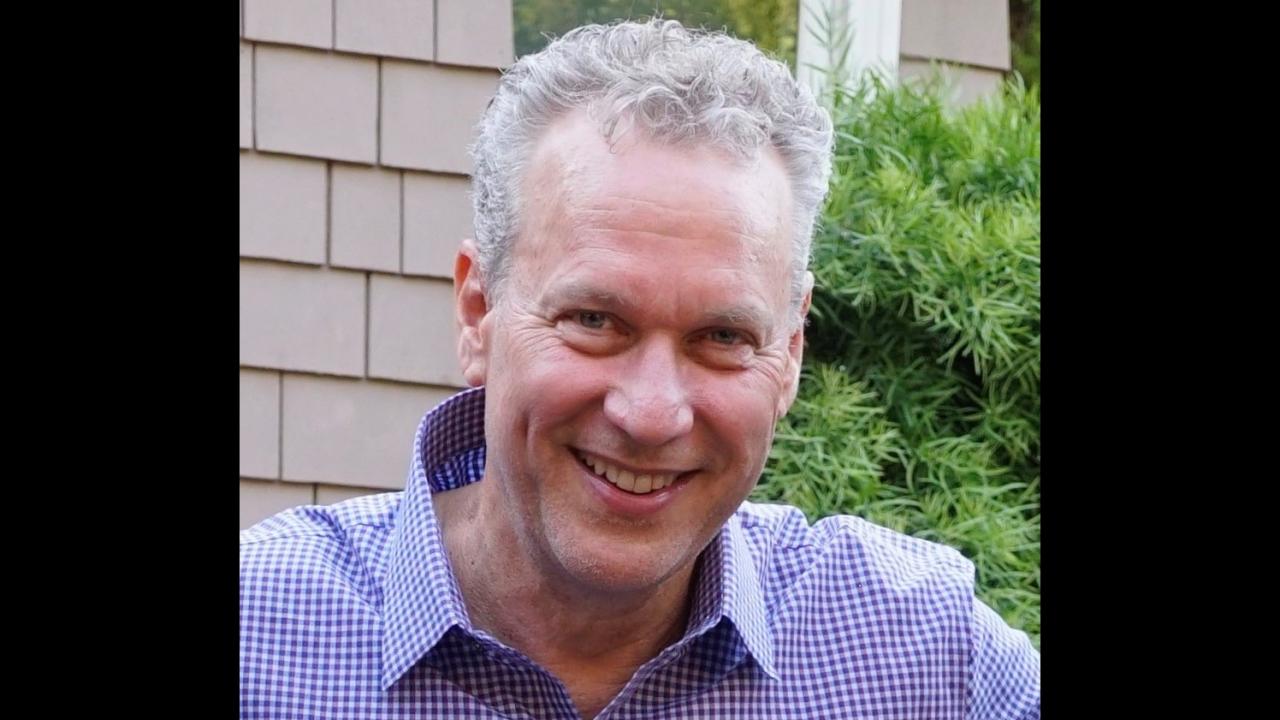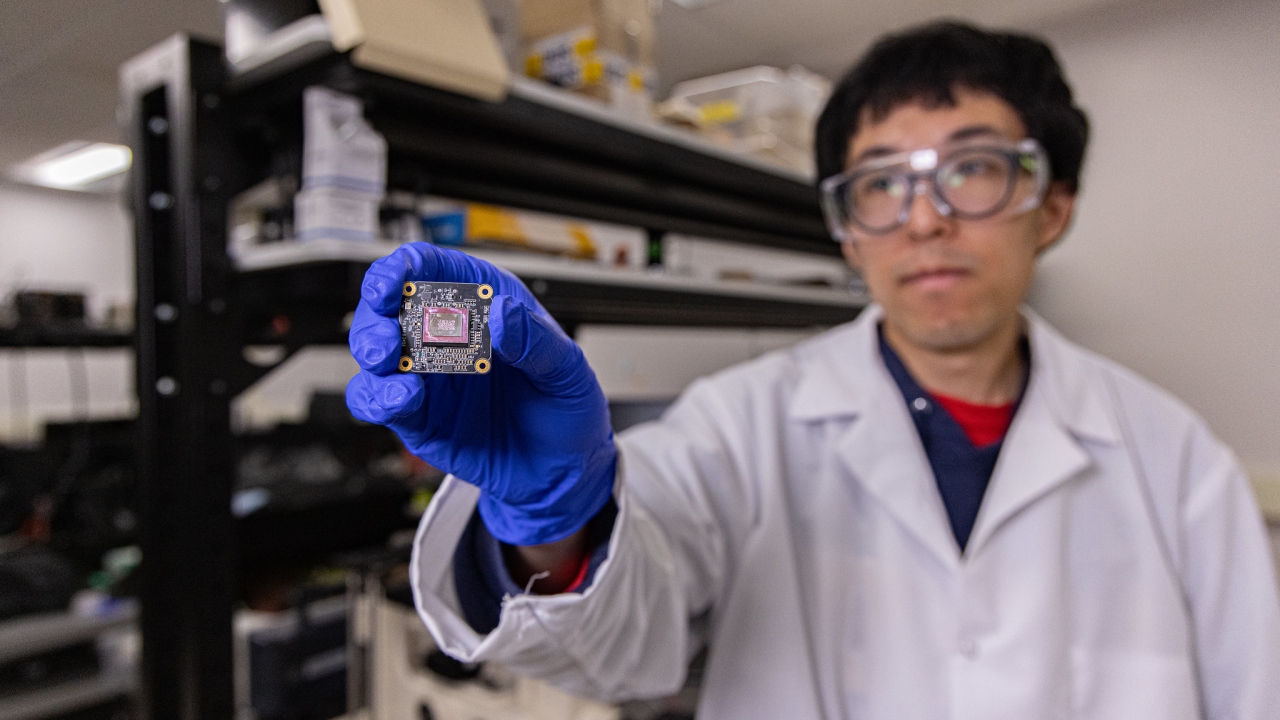
Entrepreneur Brian Underwood to deliver keynote at 2019 Engineering Commencement
By Aditi Risbud Bartl
Brian Underwood, UC Davis engineering alumnus and co-founder of the company that developed the technology underlying high-definition video devices (HDMI) and digital visual interface (DVI), will deliver the keynote address at the College of Engineering’s spring 2019 commencement ceremony on Friday, June 14 at 2 p.m. at the ARC Pavilion.
Underwood graduated from UC Davis with a master’s degree in materials science and engineering in 1991. He owns and manages Whaleback SBG, which invests in high-tech startups, real estate and agricultural development. His entrepreneurial career includes co-founding Silicon Image Inc., the company that invented HDMI and DVI; co-founding an internet travel search engine acquired by Kayak; and helping grow a speaker phone software startup acquired by Cisco Systems.
Along with funding the Blacutt-Underwood Professorship in Materials Science, Underwood is also an active member of the College of Engineering’s Dean’s Executive Committee.
What research or technology are you most excited about right now?
Right now, I would say machine learning and artificial intelligence. It’s just unreal what’s going on in this space. Data storage is cheap, and the technology available to collect and process all these data is amazing. If I were to start over today, I’d really want to understand about big data, data analytics and visual imaging. You don’t have to be an expert, and you don’t have to be a coder, but you should at least understand what’s going on in those areas. It’s going to have a tremendous impact on all of us. I’m already seeing that in a couple of startups I’m involved with. Another hot area, which I think is fantastic, is 3D printing—the way you can transform an image to a 3D object is remarkable.
How did your time at UC Davis impact you and/or prepare you for your career?
UC Davis was a fantastic foundation. It gives you a platform to build on and from there you can go in multiple directions, which is exactly what I did. I didn’t pursue an engineering career, but having engineering skills and knowledge was so powerful and useful in my career. You leave UC Davis with a lot of confidence in knowing how to solve problems, break problems down and visualize a roadmap of technologies.
When I first came out of UC Davis I was a product marketing engineer, so I spent a tremendous amount of time outside of engineering, learning about product marketing and development. Being a materials engineer, I had to learn a lot of electrical engineering and computer science. The first year was a ton of work for me, but I was never afraid of work (and I’m still not). I spent a lot of weekends and evenings working very hard, and it all paid off after a year. I was in my groove, and I absolutely loved what I was doing.
It all started with this great foundation that I received in grad school at UC Davis. Learning how to do research and development is very similar to writing a business plan. You’re trying to find something interesting, work on it and try to make something out of it. Creating a plan for your two years of research as a master’s student is very similar to writing business plans for new products.
Did you have a favorite course or instructor at UC Davis?
Hands-down, Professor Subhash Risbud, who was my master’s thesis advisor and is the first holder of the Blacutt-Underwood Professorship in Materials Science. I also enjoyed Professor David Howitt’s class on electron and x-ray microscopy.
What advice would you give to young people who are currently seeking a degree in engineering?
I’m totally biased, but I think engineering is the best foundation you can get. It allows you to do so many things because companies want people with analytical skills and those that can think logically. If you can get an engineering degree, you can also pursue other professions. Or like me, you can go into the business side. It opens up so many doors.
My advice is to be very adaptive. Do what you enjoy. You might go into materials engineering but you might have focused on metals, and now you decide to focus on polymers. Well, you’re going to have to adapt and learn. If you are open-minded, adaptive and have confidence that you know you can tackle a problem, you’re going to have a great future ahead of you.
Lastly, don’t chase the money. You’re going to get a lot of great offers and the money’s going to be there. But I made some big decisions in my life that didn’t go with the highest salary. And guess what? The money came later. But I was doing what I loved, and I was working for who I respected and I felt that I was going to learn something.
………………………………………………………………………………………………………………………………………………………………………….
More than 700 students will receive their degrees at the college’s spring commencement ceremony on June 14. The ceremony will be streaming live online.




